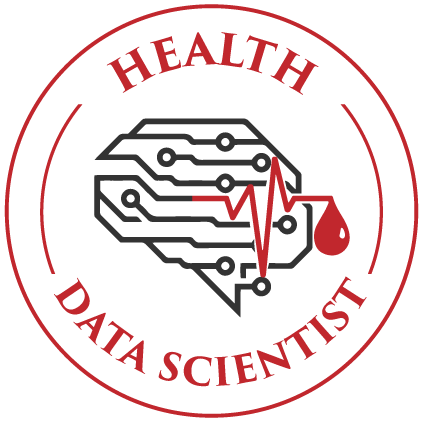VA’s Under Secretary for Health, Dr. Shereef Elnahal, calls suicide prevention “our most important clinical priority.”
In identifying the many factors that contribute to suicide, it becomes even more imperative to emphasize a less discussed and contributing risk: sexual violence.
The Rape, Abuse & Incest National Network describes “sexual violence” as an all-encompassing non-legal term that refers to crimes like sexual assault, rape, sexual abuse, military sexual trauma (MST) or intimate partner violence (IPV).
MST specifically refers to experiences of sexual assault or sexual harassment that happened during military service. IPV is a specific type of domestic violence that refers to physical, verbal, emotional and sexual abuse as well as stalking between intimate partners.
As a Veteran-centered service provider, VA recognizes that both MST and IPV underscore the need for comprehensive mental health and support services tailored to the specific challenges faced by Veterans. It is also important to note that sexual violence is a pervasive issue that can affect individuals regardless of gender. Contrary to stereotypes, both men and women can experience sexual violence.
VA is committed to providing supportive services to those who have experienced sexual violence. We have a dedicated Assault and Harassment Prevention Office to systematically facilitate national harassment and sexual assault prevention and recovery strategies that promote a culture of respect and safety.
Learn more about MST and the treatment options available for you or a Veteran you know. For more information about IPV or to contact your local Intimate Partner Violence Assistance Program, Primary Care Social Worker or go to this VA website.
Connection between sexual violence and suicide
People who experience sexual violence often face tough challenges in getting better, and some even think about hurting themselves. Extensive research done on the impact sexual violence has on mental health consistently shows clear connections to suicide.
One study done among men who experienced sexual violence found that the impact is so profound that individuals find it hard to express the depth of their pain.
This level of insight sheds light on the emotional burden carried by those who have experienced sexual violence, emphasizing the urgent need for support and prevention measures.
It is important to tackle sexual violence comprehensively. Doing so can play a big role in reducing sexual violence and lowering the chances of suicide. It is important to focus on both preventing sexual violence and providing strong mental health support.
Leading with hope
Every suicide is a tragedy, and we must recognize the impact sexual violence creates. By raising awareness about its far-reaching consequences and prioritizing sexual assault and sexual harassment prevention efforts, we can take a significant step toward preventing suicide.
If you’re a Veteran in crisis or concerned about one, call 988. You’ll be connected with one of our caring, qualified Veterans Crisis Line responders for confidential help. Many of the responders are Veterans themselves. This service is private, free and available 24/7.
For more information about how you can reduce instances of harassment or sexual assault at VA and create a more respectful, welcoming environment for all, visit the VHA Assault and Harassment Prevention Office.
Author:
